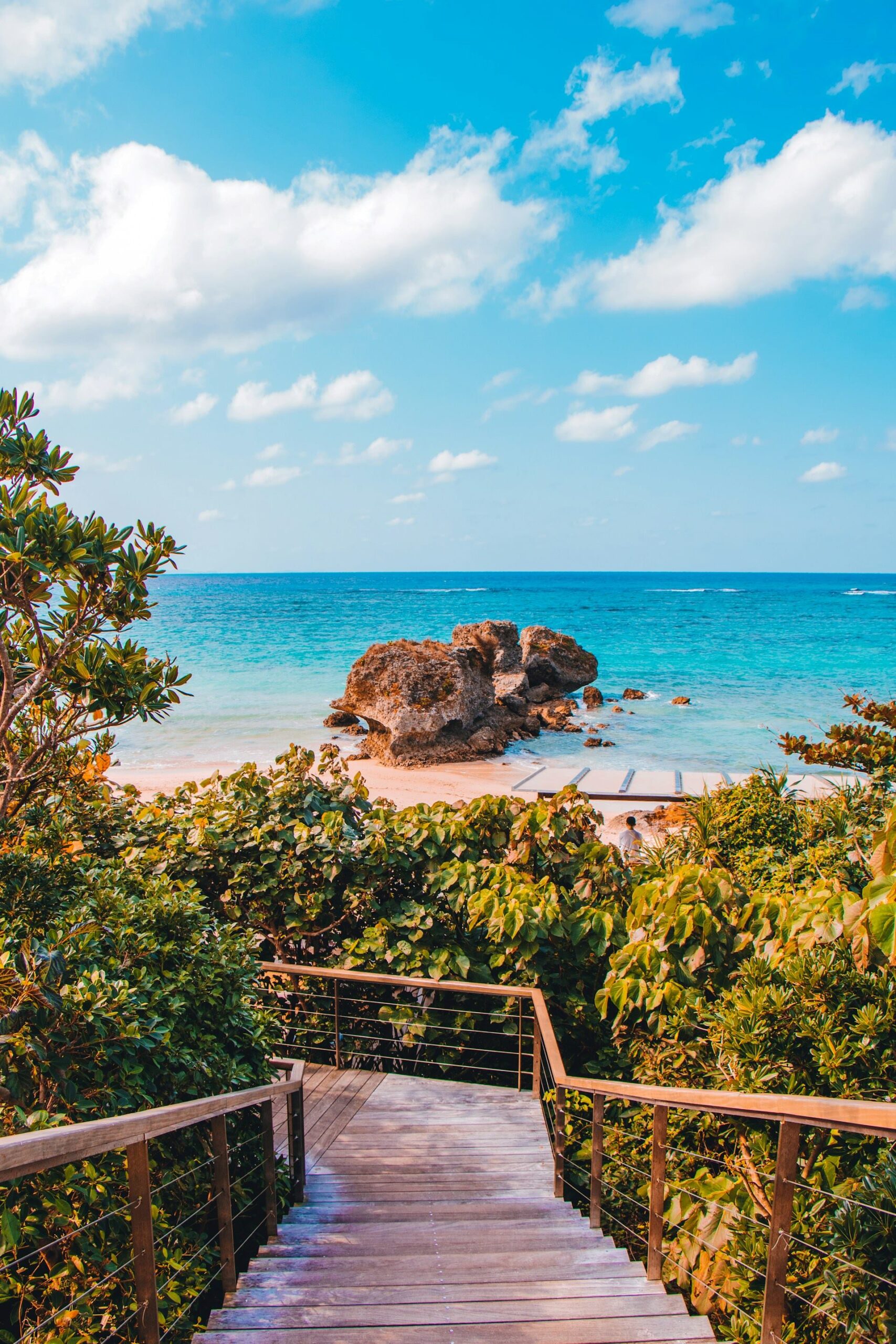The concept of ikigai—originating from Japan—has gained worldwide attention.
The Japanese word ikigai loosely translates to “a reason for being.” It refers to a passion that brings value and joy to one’s life.
The book Ikigai: The Japanese Secret to a Long and Happy Life by Héctor García and Francesc Miralles helped introduce the word to the global lexicon. In it, they write that the Japanese people believe everyone has an ikigai. A reason to jump out of bed each morning.
READ ALSO: A Beloved Finnish Custom: Exploring Helsinki’s Sauna Culture That Fosters Unity And Wellness
From the source
In the village of Ogimi Village in Okinawa, a small stone marker bears a few sentences written in Japanese. National Geographic translated it as “At 80, you are merely a youth. At 90, if your ancestors invite you into heaven, ask them to wait until you are 100—then, you might consider it.”

The authors interviewed over 100 of its elderly residents. Eventually, they discovered the reason why this place has been called the “village of longevity.”
“When we asked what their ikigai was, they gave us explicit answers, such as their friends, gardening, and art. Everyone knows what the source of their zest for life is, and is busily engaged in it every day,” Garcia said.
Within the community, the elders often get together, successfully avoiding social isolation. According to the government of Japan, 47.5% of people aged 70 and older remain active. This could be through work, enjoying hobbies, or participating in the community.
The elders in Okinawa also have what they call moai. It’s a social system that brings groups of people with a shared interest together. Through these groups, they’re able to foster mutual support and emotional connections with their peers.

“They are places where you can exchange information and communicate with others,” Takashi Inafuku, head of one of Ogimi’s districts, told National Geographic. “I think that participating in moai, having a common hobby and releasing stress, can help promote longevity.”
Finding your ikigai
For Garcia, it’s important to start thinking about your ikigai even from an early age. It can be a useful exercise for young people who are still trying to figure out their place in society.
The authors included a Venn diagram created by American entrepreneur Marc Winn in the book. Illustrating the concept of ikigai, the four categories include “what you love,” “what the world needs,” “what you can be paid for,” and “what you are good at.” At the center of it all, you will find your own personal ikigai.

“For example, if you love to cook and are good at it, ‘cooking’ could fulfill the categories of ‘what the world needs’ and ‘what you can be paid for,’” Garcia shared.
“Your aim could be a modest one, such as catering a friend’s party, or bringing smiles to the faces of those who have enjoyed your food. Though it may be difficult to fulfill all four categories, by keeping them in mind, you can make your ikigai even more fulfilling.”
Banner image by Content Pixie via Pexels.





